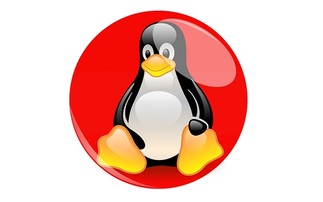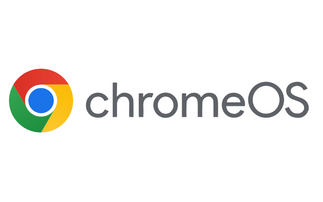More Windows 10 nagware being sneaked into Microsoft updates
Microsoft has been accused of sneaking new Windows 10 nagware into its latest slew of Patch Tuesday updates. First discovered by Woody Leonhard at InfoWorld, this month's KB3139929 security fix...
To continue reading this article...
Join Computing
- Unlimited access to real-time news, analysis and opinion from the technology industry
- Receive important and breaking news in our daily newsletter
- Be the first to hear about our events and awards programmes
- Join live member only interviews with IT leaders at the ‘IT Lounge’; your chance to ask your burning tech questions and have them answered
- Access to the Computing Delta hub providing market intelligence and research
- Receive our members-only newsletter with exclusive opinion pieces from senior IT Leaders





















